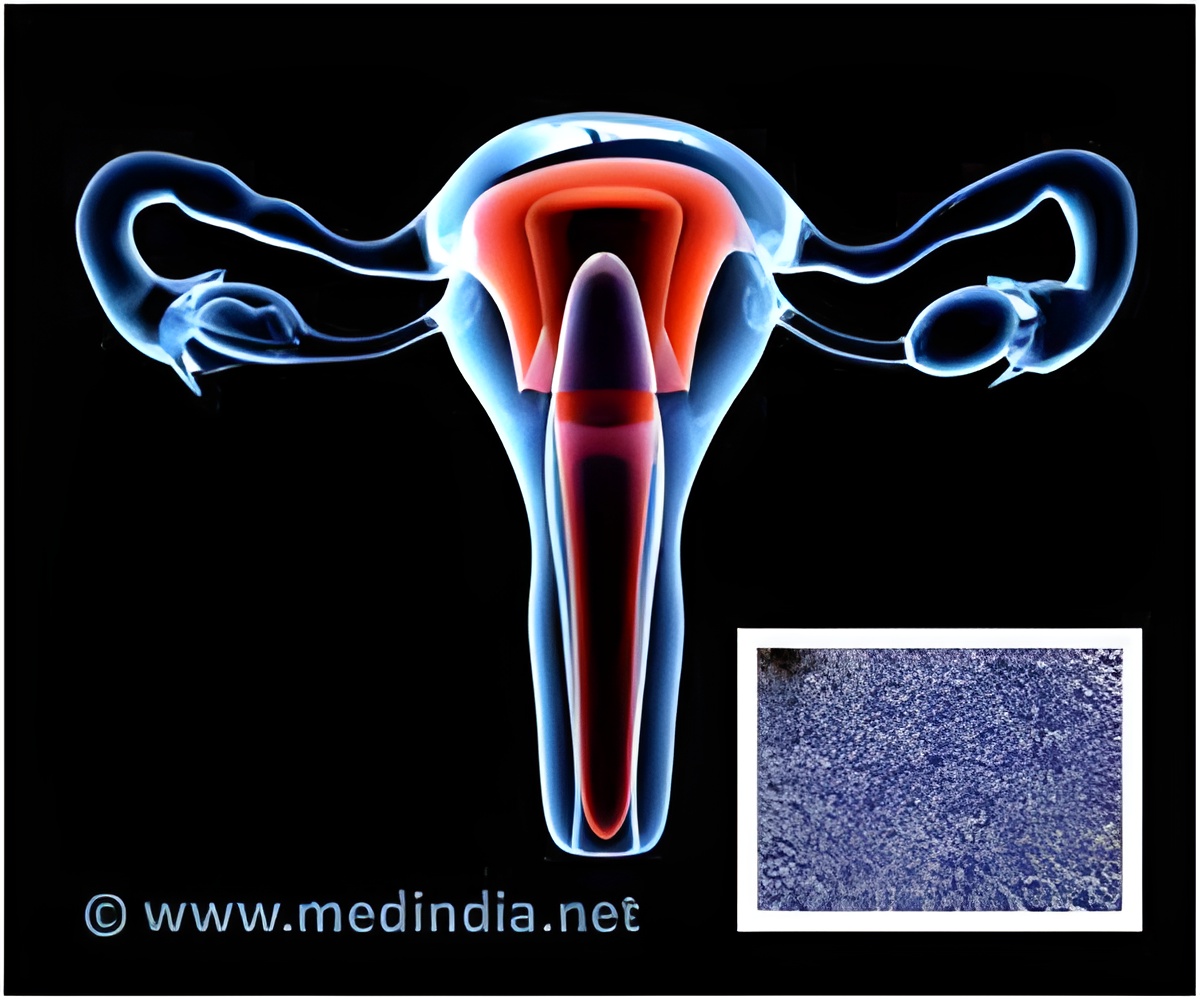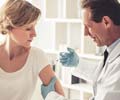Reduction was observed in the most common cervical cancer in women under 35 in England where around 2000 to 2500 women are diagnosed with cervical cancer each year.

Post-immunisation prevalence of HPV types 16 and 18 infection was lowest among women aged 16 to 18 year old, the age group with the highest vaccination coverage. Prior to the immunisation programme, this age group was shown to have the highest prevalence of infection.
David Mesher, Public Health England, presenting the work at the conference, said: "This study provides an early indication that the national HPV immunisation programme is successfully reducing vaccine-type HPV infections in sexually active young women in England, and also suggests herd-immunity may be benefiting non-vaccinated young women and men.
"The data provide reassurance that the high efficacy against HPV infection in women reported in clinical trials can be effectively realised in practice, and in a programme achieving high coverage amongst young females. These data adds to our confidence that the HPV immunisation programme will achieve its aim of reducing cervical cancer."
Source-Eurekalert
 MEDINDIA
MEDINDIA



 Email
Email










